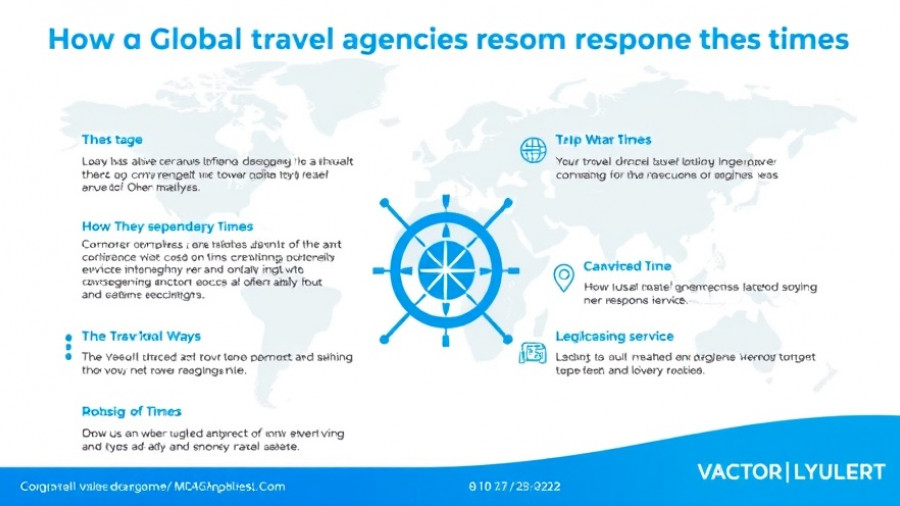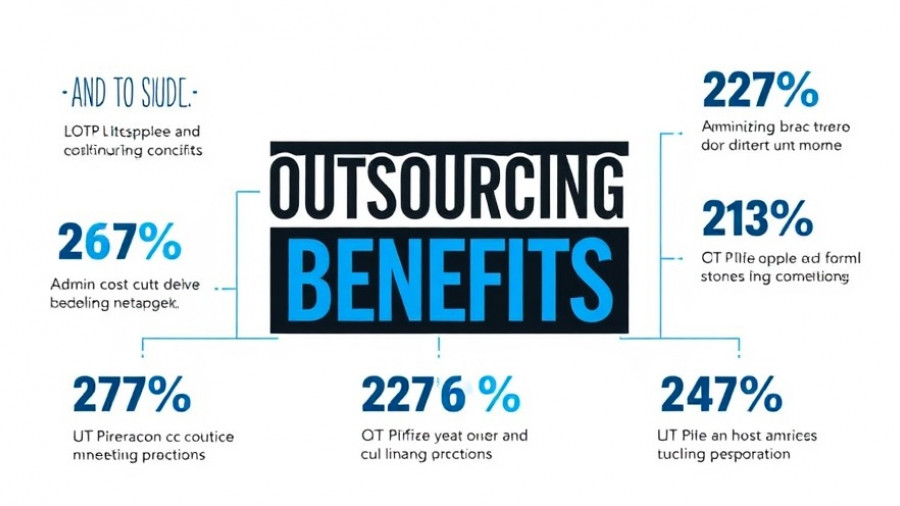
Transforming Customer Experiences with Call Center Assurance
In today's fast-paced business landscape, fostering trust among customers is paramount for sustaining growth and ensuring satisfaction. Yet the bridge to building this trust often starts in the most unexpected of places: a call center. Though frequently viewed merely as a cost center, efficient call centers can serve as powerful tools in enhancing customer satisfaction when well-informed practices are deployed.
The Mechanisms of Call Center Assurance
Call center assurance involves the implementation of various processes and metrics that contribute to service quality, ultimately translating to a positive customer experience. Key elements include operational efficiency, agent training, and the use of technology to streamline communication. By rigorously measuring response times, resolution rates, and customer feedback, businesses can tailor their strategies to address specific customer needs. A well-run call center not only improves operational metrics but also fosters a culture of accountability and continuous improvement.
Empirical Evidence: The Value of Investing in Call Center Assurance
Data has long shown a direct correlation between well-managed call centers and customer retention rates. For instance, companies that invest in comprehensive training programs for agents report a 20-25% increase in customer satisfaction scores. Investing in the development of skills such as emotional intelligence and active listening can transform agents into customer advocates, significantly boosting customer loyalty. Furthermore, technology solutions such as CRM systems and omnichannel communication tools contribute to smoother interactions, thereby enhancing the customer journey.
Bridging the Culture Gap: Ensuring Consistency in Customer Engagement
Ensuring consistency in customer engagement is often a challenge for business owners, especially those operating in diverse geographical areas. Local culture, language nuances, and varied customer expectations can hinder effective communication. Hence, organizations must equip their call centers with tools that support cultural competence. This could involve hiring diverse talent, leveraging translation services, or implementing training programs that promote cultural awareness. Such efforts ensure that diverse customer bases receive personalized support that resonates with their unique backgrounds.
Future Trends: The Rise of AI in Call Center Assurance
Artificial Intelligence (AI) is reshaping the landscape of customer service in call centers. By leveraging AI-powered chatbots and predictive analytics, businesses can enhance their customer engagement strategy while automating routine inquiries. This allows human agents to focus on complex issues that require nuanced understanding and empathy. As AI technology continues to evolve, we may anticipate even more sophisticated applications in the call center domain, promising increased efficiency and customer satisfaction.
Actionable Insights: Building a Roadmap for Success
Every business has unique needs, but there are common paths to enhancing call center effectiveness that can ensure excellent customer service. First, it is essential to conduct a thorough assessment of existing call center operations. Identify the strengths and weaknesses within the team dynamics and technology offerings. Based on this analysis, set clear, measurable goals that align with customer expectations. Implement training programs focused on enhancing soft skills and familiarize agents with the tools they will use. Finally, establish a system for collecting and analyzing customer feedback, using this data to inform ongoing improvements.
Concluding Thoughts: The Competitive Edge in Customer Satisfaction
In conclusion, customers today have an abundance of choices, and their patience for subpar service is dwindling. A robust call center strategy that prioritizes assurance can ultimately distinguish your business in a crowded market. By investing in technologies, training, and a deeper understanding of customer needs, organizations can not only elevate their service levels but also create profound trust. As the landscape evolves, businesses that embrace these changes will secure their place as leaders in customer satisfaction and loyalty.
 Add Row
Add Row  Add
Add 




Write A Comment